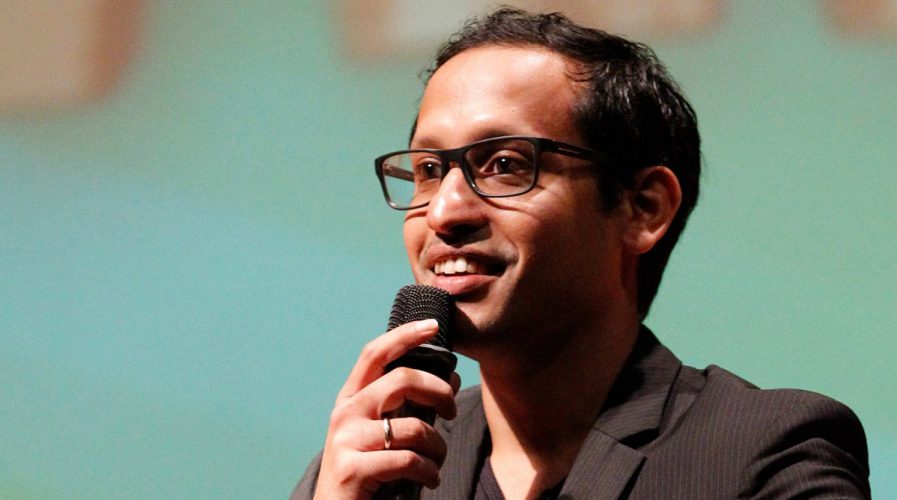
Nadiem Makarim, CEO of Go-Jek. Pic: Facebook/Go-Jek
Go-Jek on its way to becoming Indonesia’s ‘one-stop-shop’ app like WeChat
EVEN when it was just a ride-hailing app, Indonesia’s Go-Jek was a force – preventing arch rivals Uber and Grab from taking the largest market in Southeast Asia. But the unicorn company has been steadily evolving over the years to diversify its offerings.
Currently, Go-Jek users are able to book a taxi, send a package via motorbike courier, order a meal and have it delivered within the hour, book a massage session or get someone to come clean their house – the list goes on and on. These days, Go-Jek is starting to look a whole lot like WeChat, with its shift from a single-purpose app to a one-stop-shop platform.
The New York Times ran a video titled “How China is Changing Your Internet” a little while ago, which showed exactly how indispensable WeChat is to its users. They referred to the app as a “super app” or a “swiss army knife” that does a bit of everything.
SEE ALSO: WeChat and LINE lead the way on direct marketing via mobile messaging apps
A day in the life of a WeChat user is spent on the app at all times, whether they’re chatting with friends, booking an appointment, hailing a taxi or paying for a meal. If users are addicted to your app and have it open 24/7, it becomes a very lucrative business opportunity for vendors and advertisers, and Go-Jek appears to be taking a leaf from WeChat’s book.
And it’s doing this through a series of acquisitions. Most recently, it bought an Indonesian digital payments startup which is likely to help Go-Jek strengthen its payments infrastructure as it introduced Go-Pay back in May which allowed users to go cashless. In September, it acquired an Indian heathcare marketplace startup which makes sense as Go-Jek is likely to branch out into services such as booking doctors’ appointments. Earlier this year, Go-Jek also acquired two engineering firms, C42 and CodeIgnition, to tap into India’s development talent pool and set up an R&D office in Bangalore.
Go-Jek acquires Indonesian #epayment #startup MVCommerce by @animenur via @e27co https://t.co/jOLJA1i7mc
— Mohan Belani (@mohanbelani) October 25, 2016
So what does this all mean? It points to Go-Jek’s focus on building a global business, tackling the massive market of India as WeChat has already won China. If Go-Jek takes substantial market share in India, it would have control of two of the largest markets in Asia. It also looks to the trend of other single-purpose apps, such as Uber or Grab which are focusing on transport, possibly evolving into a one-stop-shop platform – which will mean for more app consolidation for smartphone users.
And if other big players in the app space follow suite, then what will our smartphone screens look like in the future? Will we be spending all of our time in just two or three ‘super apps’? Only time will tell.
READ MORE
- The criticality of endpoint management in cybersecurity and operations
- Ethical AI: The renewed importance of safeguarding data and customer privacy in Generative AI applications
- How Japan balances AI-driven opportunities with cybersecurity needs
- Deploying SASE: Benchmarking your approach
- Insurance everywhere all at once: the digital transformation of the APAC insurance industry
